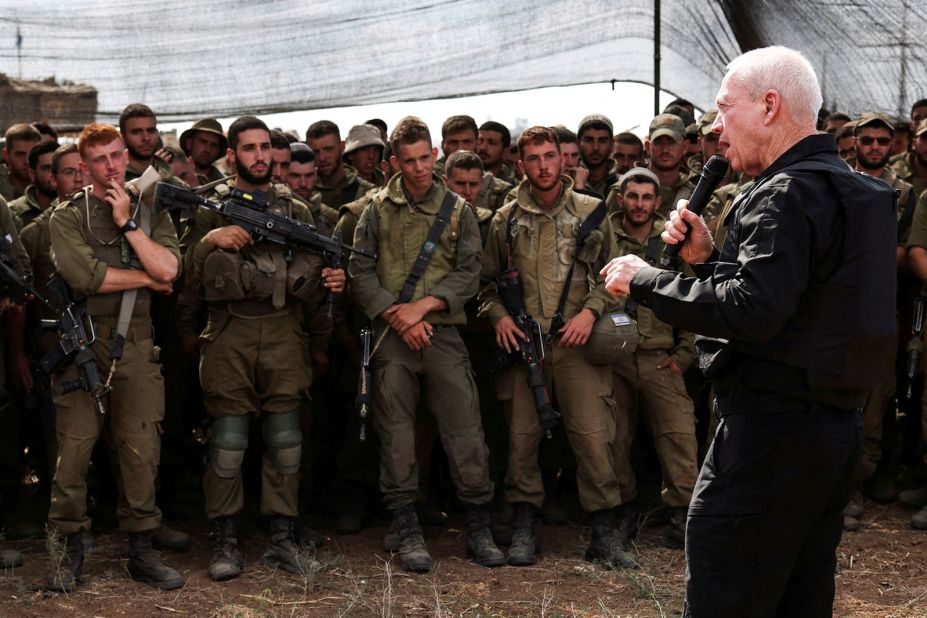On Oct. 7, militants of Hamas executed an assault on Israel. They demolished the border fence in several areas and took the Israeli military by surprise. Initially planned as a secret operation, it quickly escalated into a chaotic rampage through civilian territories.
During this raid, militants captured civilians at the Supernova trance music festival, exceeding 20 miles from the Gaza-Israel boundary. The aftermath was devastating: over 1,400 dead and 4,121 injured in Israel. Tragically, at a nearby dance festival, 260 casualties were reported.
Hamas, controlling Gaza since 2006, stated their intention was to liberate Palestinian prisoners, to stop Israeli provocations at the al-Aqsa Mosque, and to end the Gaza blockade. In retaliation, Israel declared war on Hamas. This resulted in significant Palestinian casualties: 2,778 dead and 9,900 wounded, as Israel prepared for a potential land invasion. Moreover, Israel enforced a complete blockade of Gaza, exacerbating the humanitarian crisis there.
The tension between Israel and Hamas has historical roots, stretching back to before Israel’s foundation in 1948 and Hamas’s inception in 1987. Both sides claim the territory between the Jordan River and the Mediterranean Sea. This enduring dispute has led to recurrent violent escalations and intermittent periods of uneasy peace.
Hamas, having gained control of Gaza in 2007, advocates for the creation of a Palestinian state where Israel is right now. Unlike the Palestinian Authority, Hamas does not recognize Israel’s right to exist. Ever since taking control of Gaza, they have used various forms of warfare against Israel, including rockets, suicide bombings, and kidnappings. Israel has responded with a blockade, which they have faced backlash about.
Recent events, such as Israeli actions at the al-Aqsa Mosque and the resulting conflict between Israel and Islamic Jihad, added fuel to the fire. In August, Israel’s decision to suspend work permits and restrict workers, blaming Hamas for West Bank attacks, escalated tensions.
In response to the current conflict, Israeli Prime Minister Benjamin Netanyahu expressed intentions to eliminate Hamas’s presence in Gaza. Past Israeli ground campaigns in Gaza aimed to weaken, not eliminate, Hamas. However, the upcoming operation seems to be preparing for intensive urban warfare. President Biden has cautioned Israel against reoccupying Gaza, emphasizing the need for a Palestinian state.
The current humanitarian crisis in Gaza is grim. Israel’s demand for a large-scale evacuation from northern Gaza has met with criticism from the UN, as Israel is not allowing any Palestinians into their country while expecting Egypt to take in all of the migrants. Many Palestinians are trapped with dwindling resources, relying on intermittent phone and internet connectivity. About 400,000 Palestinians have taken refuge in UNRWA schools, but the agency struggles to offer aid due to the blockade.
The ongoing conflict raises concerns about Gaza’s future governance if Hamas is overthrown. The situation is further complicated by potential involvement from neighboring countries or global powers.
While the US supports Israel, sending military aid and naval assets, Secretary of State Antony Blinken faces resistance from Egypt and Saudi Arabia. There is also potential risk on Israel’s northern border with Lebanon, as tensions rise between Israel and Hezbollah. An intervention from Iran, backing Hezbollah, might lead to a broader regional conflict.
“The conflict between the Palestinians and Israelis has been going on for a very long time,” Joonmo Ahn, a previous resident in Israel, said. “You can’t really blame either side, because both sides have their own wrongdoings. However, the kidnapping and murder of innocent people is something that definitely should not happen.”



